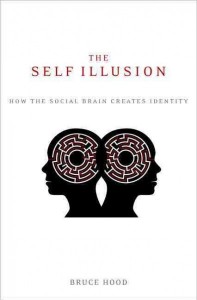Q: I have been reading and studying your website and Advaita Vendanta in general and I ran across a few questions while recently reading an article.
You wrote:
“Vedanta states that the search for happiness in the world is based on a mistaken idea about the source of happiness. The things of the world are seen as objects of one’s desire for achieving completeness and therefore satisfaction and happiness through actions directed at attaining those objects. Objects themselves are neutral, says Vedanta, but one projects a positive or negative bias on the object according to past experience and conditioning. As long as there is the belief that the objects of the world are the source of happiness the endless cycle of desire, action, result, and experience will continue, sometimes with disastrous consequences. “
Does this apply to goals that are not neccesarily objects but still something of the world? Like say for instance studying in college in a field you are interested in. If you are not just studying for the diploma itself and a high pay grade but for the love of the knowledge itself and for being more able to serve those around you would that still fall under mistaking the source of happiness?
I dont know if I am putting this the right way so I hope maybe you can understand what I am asking despite that. I just was wondering does Advaita Vedanta advise not having goals in life at all? Is it disadvantageous to the self to pursue goals in life? If desire for things outside of yourself doesn’t lead to happiness is it a mistake to desire knowledge and service to others as well?
Also, do you know where I could learn more about how western psychology and Advaita Vedanta are similar and different? Do you have any thoughts on this? I know western psychology is a very broad subject but didnt know if you know of any books or articles that relate the two. Continue reading

 Everyone wants to be happy. This is the motivational force for everyone. The Vedas acknowledge this. The first part of the Vedas – karmakANDa – is effectively aimed at those who look for their happiness in external, limited, objects and pursuits; the latter part of the Vedas – j~nAnakANDa – is aimed at those who are looking to find the happiness within, through gaining knowledge of their true nature.
Everyone wants to be happy. This is the motivational force for everyone. The Vedas acknowledge this. The first part of the Vedas – karmakANDa – is effectively aimed at those who look for their happiness in external, limited, objects and pursuits; the latter part of the Vedas – j~nAnakANDa – is aimed at those who are looking to find the happiness within, through gaining knowledge of their true nature.
